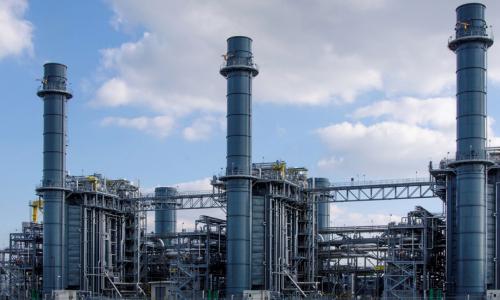In the last few years, North Carolinians have seen eye-popping electricity bills. Bill increase after bill increase has compounded, resulting in 20+ percent higher monthly bills for most ratepayers in our state. The main driver? The volatile cost of natural gas, which accounts for a larger and larger portion of the energy mix that North Carolinians depend on.
And yet, instead of curbing use of a risk-intensive fuel source that has had such a detrimental effect on customers, Duke Energy is proposing a huge investment to build even more gas power plants. Why? State policy guarantees Duke a profitable return on investment for its spending on infrastructure like power plants. The more costly the investment, the higher the return for the company and its shareholders.
There’s no free market for electricity in North Carolina. With no meaningful competitor to provide customers the option to choose a different energy provider, Duke dominates the market and the company’s expensive investment plans are entirely in line with what should be expected from a profit-seeking monopoly utility taking advantage of a captive customer-base.
North Carolinians deserve the facts about Duke’s decisions, how it impacts their lives and how their leaders can protect them. Here’s what you should know:
